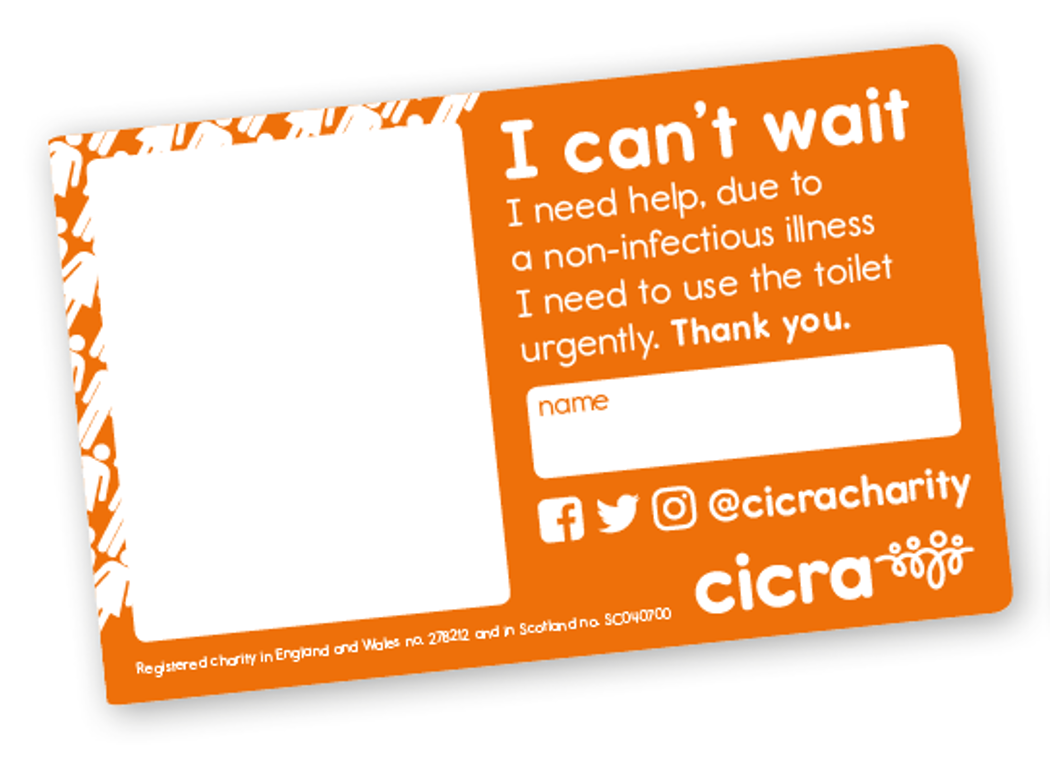When I am in hospital I like to hear from friends and teachers – it makes it easier to go back.
what are schools’ responsibilities?
Staff in schools are generally keen to support children and young people with health needs and can refer to guidance from government education departments to help them do this. The guidance clearly sets out a school’s responsibility for supporting pupils with medical needs.
Schools should have a written policy on supporting children’s medical needs. This should include:
- what the school will do when told a pupil has a medical condition (this applies before a diagnosis is confirmed)
- how the school handles prescription medicines
- staff training
- details of individual health plans
- what happens in an emergency
- arrangements for medical support on school trips and during sport
If a child’s needs are complex, the school may decide to provide an individual healthcare plan (IHP). These plans are considered appropriate for long-term, complex, recurring and fluctuating conditions.
As IBD meets these criteria, children with IBD may need an IHP. However, every child with IBD is different and needs should be assessed individually. IHPs should be reviewed annually and typically cover:
- the medical condition, its signs and symptoms and treatments
- precisely what help the child needs to manage their condition
- who needs to be aware of the child’s condition
- specific support needed around the child’s educational, emotional and social needs
Healthcare plans for individual children should be drawn up in consultation with the child’s parents or guardians.
how a school can help
Understanding and support from a child’s school and teachers can make a tremendous difference to the child’s attitude to learning and attendance, allowing them to get the most from their education. Regular communication between teachers, pupils and parents is important. In addition to discussing the condition with the pupil and their family (particularly if there are concerns about attendance or concentration), it can be helpful for schools to have contact with the medical team, with the family’s consent.
access to toilets
Children with IBD need access to clean toilets, with lockable doors that provide as much privacy as possible. Children need free access to toilets throughout the day. If toilet facilities for pupils do not meet these criteria then consideration should be given to letting children with IBD use staff facilities. Children should also have somewhere to wash if necessary and store clean clothes.
It would be very supportive for primary schools to discuss with parents and children with IBD what reasonable adjustments can be made in order to have a toilet plan that addresses these concerns. For example, some schools have agreed that the child use a disabled, visitor or staff toilet instead.
Most children with IBD carry a Can’t Wait card, which they can use to show staff if they need to leave the room urgently to use the toilet. CICRA can provide Can’t Wait cards for free, which include a photo of the child. Please contact us.
It is important that children with IBD are allowed to leave class without explanation, as being questioned can cause embarrassment, particularly if a child does not want classmates to be aware of their condition.

Order your free Can't Wait card today, email us on support@cicra.org
